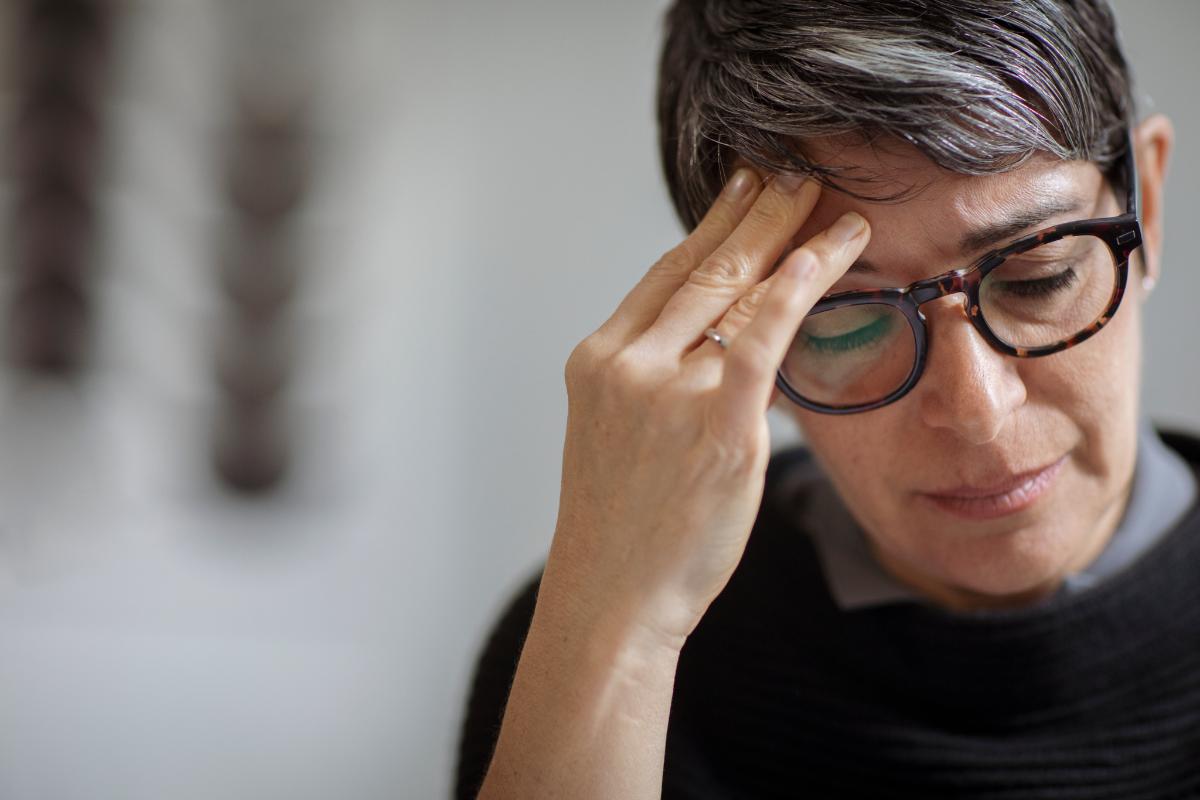Cocaine is a powerful and highly addictive substance. If you or someone you love is using cocaine, it’s essential to know what the common signs of cocaine abuse are so that you can get help before the situation gets worse. Instead of searching endlessly online for cocaine addiction treatment, call 833.551.2304 to speak with someone from Gulf Breeze Recovery about cocaine abuse signs and our cocaine abuse treatment program in Florida.
How Does Cocaine Abuse Develop?
Cocaine is commonly snorted, injected, or smoked. It produces a short but intense high, followed by feelings of alertness and energy. Unfortunately, long-term use can lead to dependence and addiction.
Cocaine abuse often starts with casual experimentation or recreational use. Over time, users may begin to experience cravings for more frequent use as their bodies become accustomed to the effects of the drug. As the frequency of use increases, so does tolerance—meaning people must take increasingly larger doses to feel the same effects they experienced when they first began using cocaine. This can quickly lead to addiction as users become unable to stop using cocaine even if they want to do so.
5 Common Cocaine Abuse Signs
1. Increased Energy Levels
One of the most common signs of cocaine abuse is an increase in energy levels and alertness that lasts much longer than average after taking the drug. This heightened state of arousal can make individuals more talkative, restless, and excessively active.
People may also experience heightened emotions such as agitation or irritability when coming down from a high or going too long without using cocaine. These mood swings can lead to unpredictable and sometimes aggressive behavior, impacting personal and professional relationships.
2. Changes in Sleeping Patterns
Another sign of cocaine abuse is changes in sleeping patterns, such as difficulty falling asleep or staying asleep through the night due to increased energy levels caused by taking large doses of cocaine. Insomnia is a common issue, as the stimulant effects of the drug can keep users awake for extended periods.
Over time, the lack of restorative sleep can lead to cognitive impairments, decreased immune function, and other health problems. Users may also experience vivid, unpleasant dreams or “crash” periods of excessive sleep after a binge.
3. Weight Loss
Long-term abuse of cocaine can cause significant weight loss due to appetite suppression caused by changes in brain chemistry induced by taking large amounts of the drug over time. This loss of appetite can result in nutrient deficiencies and a weakened physical state.
Additionally, the body’s increased metabolic rate during cocaine use can burn more calories, further contributing to weight loss. Chronic users might neglect proper nutrition and self-care, exacerbating their physical decline and making them more susceptible to illnesses.
4. Financial Difficulties
It’s not uncommon for chronic cocaine abusers to experience financial difficulties due to spending large amounts of money on obtaining more drugs. The cost of sustaining a cocaine habit can quickly deplete savings, lead to accumulating debt, and even result in legal issues.
They may also often engage in other activities related to their drug use—such as buying expensive items they can’t afford just for the rush it gives them. This erratic spending can strain their finances further, often resulting in bankruptcy, loss of property, or homelessness.
5. Social Isolation
Finally, another sign of cocaine abuse is social isolation caused by withdrawing from family and friends who disapprove of their drug use and isolating themselves from those who could potentially help them get clean and sober again. Users might feel shame or guilt about their addiction, leading them to avoid social interactions and important gatherings.
This isolation can exacerbate feelings of loneliness and depression, creating a vicious cycle in which the user turns to cocaine for solace. Over time, the lack of a support system can make it increasingly difficult to seek help and recover from addiction.
What to Expect from Cocaine Abuse Treatment
If you or someone you know has been struggling with an addiction to cocaine, there are treatment options available that can help you manage your cravings and overcome your addiction once and for all. Most treatment programs will include a combination of approaches, such as:
- Cognitive-behavioral therapy (CBT)
- Contingency management (CM)
- Dialectical behavior therapy (DBT)
- Group therapy
- Individual counseling sessions
- Life skills training
- Medication-assisted treatment (MAT)
- Motivational interviewing (MI)
- Relapse prevention planning
Some addiction treatment programs include holistic approaches, such as meditation techniques, depending on each person’s unique needs and goals for recovery.
Find Cocaine Abuse Treatment in Florida at Gulf Breeze Recovery
If you think you or someone you know might be abusing cocaine, it’s essential to seek cocaine abuse treatment as soon as possible. With proper diagnosis, treatment, and support, anyone struggling with an addiction to cocaine can find recovery and enjoy a more positive lifestyle free from drugs.
At Gulf Breeze Recovery, we strive to provide exceptional care with proven results for individuals who seek lasting wellness in all aspects of life. Call Gulf Breeze Recovery today at 833.551.2304 or use our online contact form to learn more about cocaine abuse signs and our cocaine abuse treatment program.







